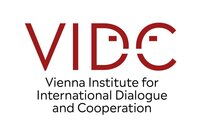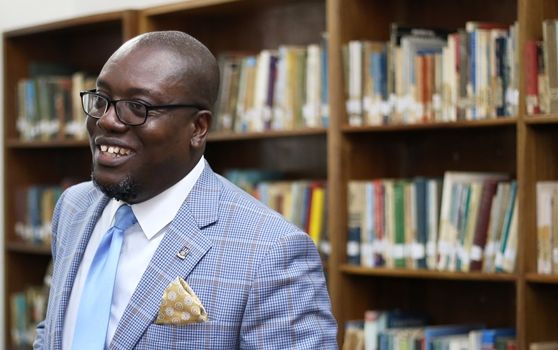Africa is a site for competition between the European Union and China for economic influence and strategic leadership. Seen from an African perspective, Africa’s economic resources development has grown in importance for both the EU and China. How do you describe the attitude of the old and new superpowers towards Africa?
I would say that the interactions between the parties, that is, the EU, China and Africa, are quite complex. One of the useful ways to try to grasp what is going on is to look at patterns of agency, the ways in which the parties act consistently in pursuit of their interests. In the case of Europe, we are looking at centuries. The presence of China in Africa dates back to the last century. These two parties clearly are acting in ways that allow them to pursue their own economic and political interests. Usually, the tendency is to present a narrative which suggests that Africa has no agency at all. If we tie in the African part, you begin to see that indeed all of them have their own kind of agency.
When we look at the Chinese, I argue that we see what I call “material agency”. What are the Chinese trying to do? They have found out that the African continent provides them with natural resources. They are aware that there is a market they can take advantage of. Even more importantly they found out that if they present themselves as leaders of the global South or, better, of the so-called Third World, this attribution provides them with influence in the world. So Chinese hegemony is directed at material interests, but additionally they extract influence from the interaction with Africa that allows them to present themselves as a potential global power.
And what about the European Union? Can material agency may also be attributed to the Europeans?
The Europeans have been engaged in Africa over the last 500 years, so their hegemony has a particular tone and tenor. In my view, reading the history, the European interaction has tended to generate more, what I call, ideational or ideological hegemony. What Europe has tried to do, historically, was to construct Africa in its own image and to determine how the continent organizes its entire existence. We see this reflected in modern times, too. Within this ideational hegemony there are also economic interests. They also need markets, natural resources, etc.

